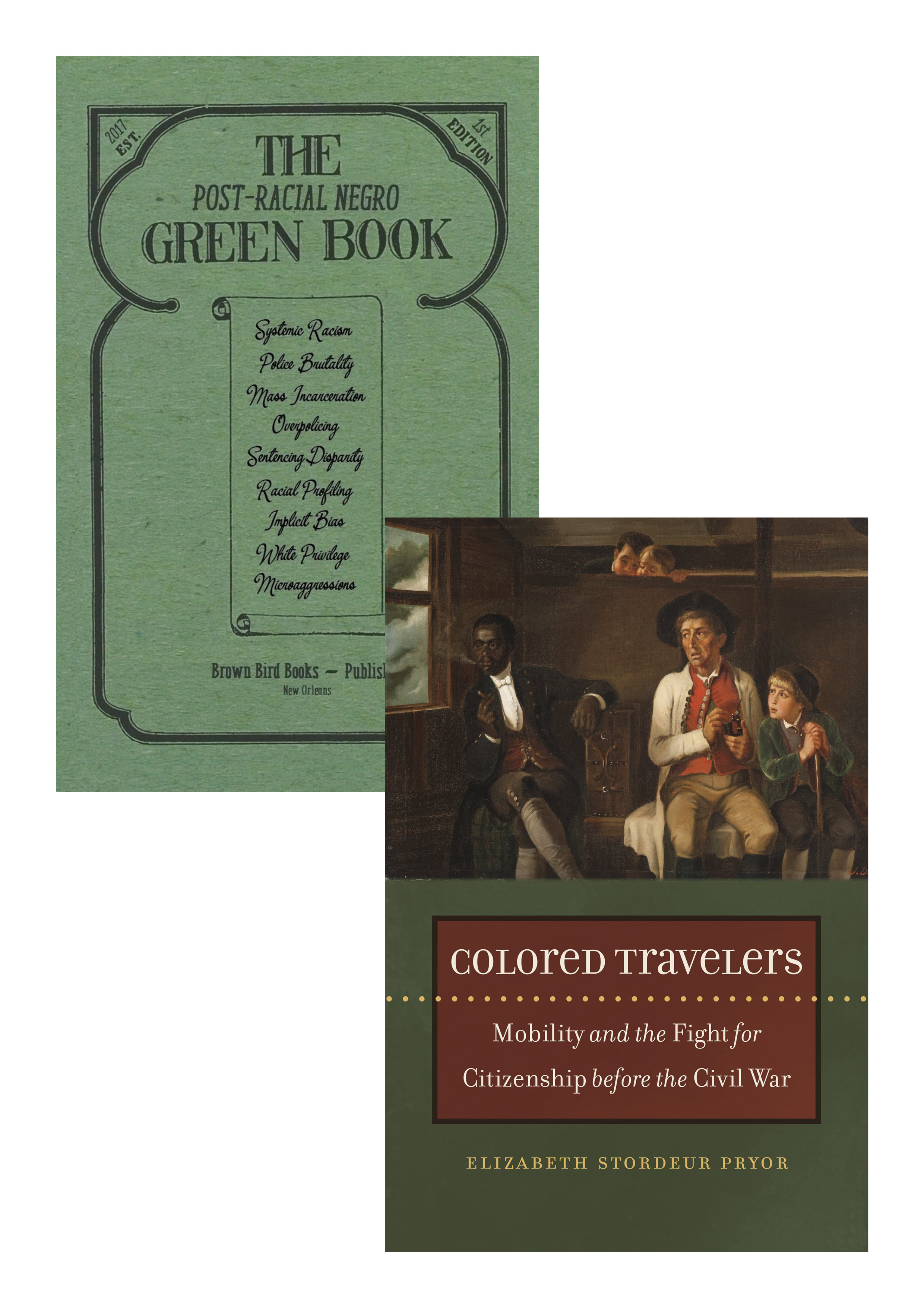African American (Im)Mobilities in the Antebellum United States and Today
DOI:
https://doi.org/10.22029/ko.2018.225Abstract
Two publications shed light on past and present forms of black (im)mobilites in the United States: In Colored Travelers (2016) Pryor explores the journeys of free African Americans in the antebellum North before slavery was officially abolished. Bringing cultural, literary, and mobility studies together, Pryor analyzes the ways black travel was circumscribed through laws, social practices, and the creation of cultural imageries that criminalized black mobility. Examining an abundance of historical sources, Pryor’s meticulously researched book reveals the complex intertwinement of race, travel, and equality — a topic that continues to be of central importance, as Miles’s The Post-Racial Negro Green Book (2017) underscores. With a format modeled after a 20th-century travel guide for black travelers, Miles’s book documents incidents of racial violence and discrimination against African Americans in the years between 2013 to 2016 throughout the U.S. She thus adds to Pryor’s historical perspective by pointing to the continued criminalization of black mobility and she highlights the relevance and urgency of discussing and taking action against these injustices.

Published
Issue
Section
License
All articles (not book covers) in KULT_online from issue 50 on are published under the license Creative Commons Attribution 4.0. All published articles may be reused under the conditions of the license, particularly for commercial purposes and through editing the article (Human-Readable Summary). All authors (have) permitted the publication under the above mentioned license. There is no copyright transfer towards KULT_online. For all book covers specific rights might be reserved, please contact the respective publisher for any lawful reuse. All contributions published in issue 1-49 of KULT_online are free available online and protected by the German Copyright Law.



